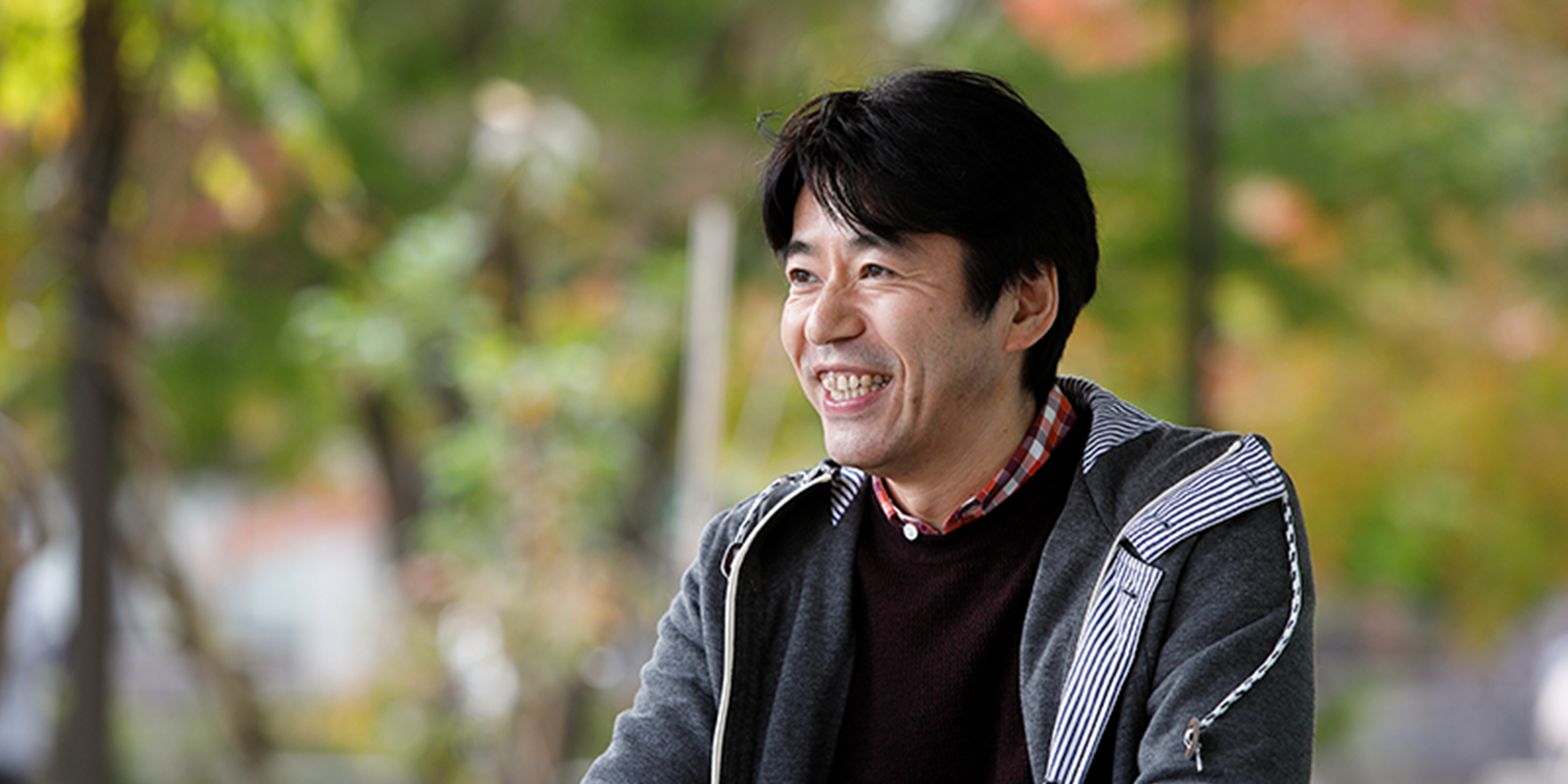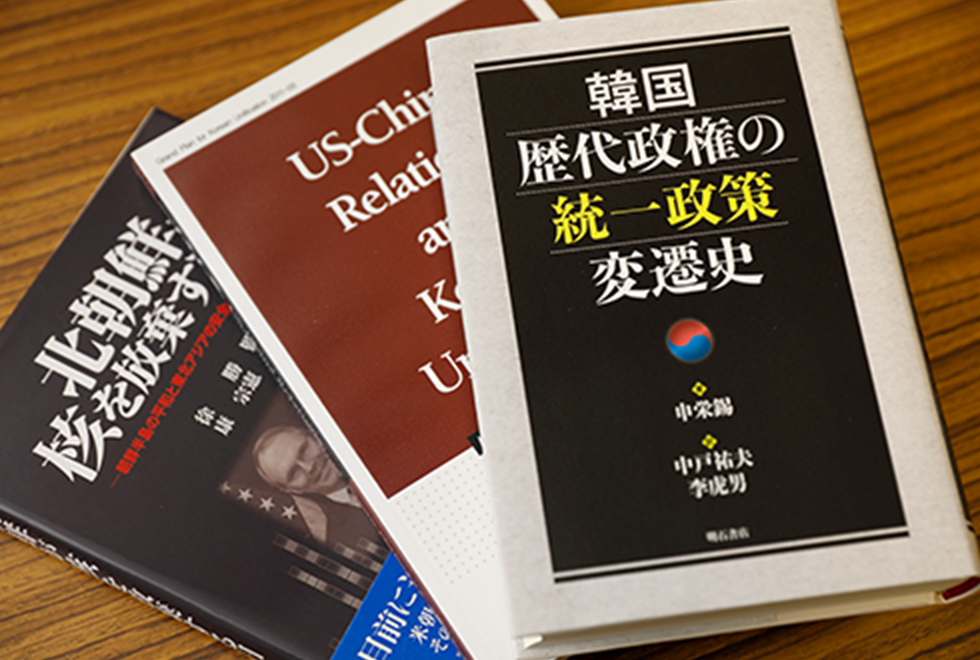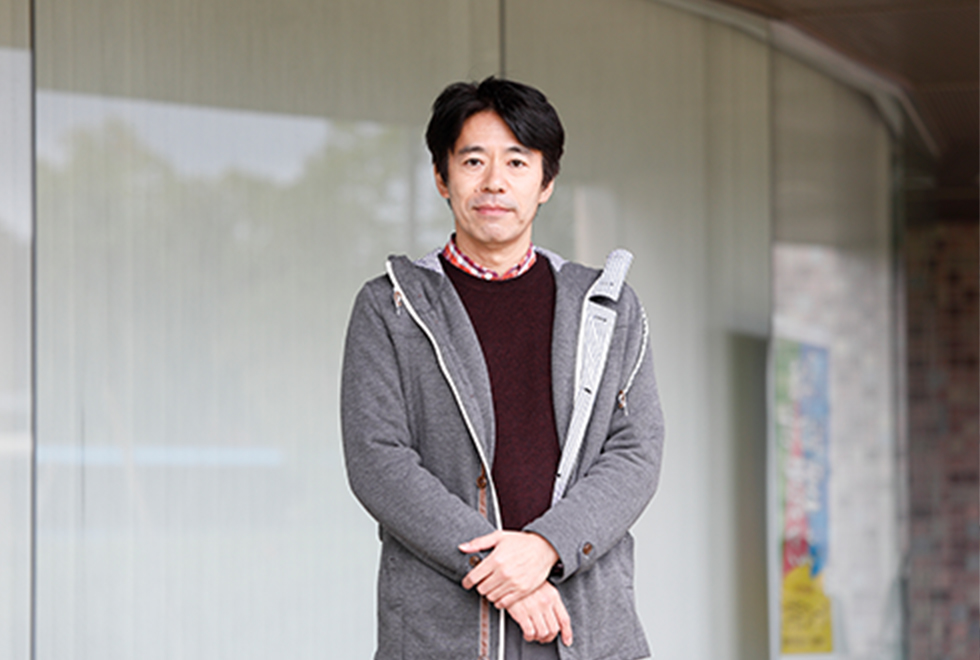Research Projects
Field of Reconciliation
A Comprehensive Study on the North Korean Issue: Reconstructing the Problem from the Perspective of its Prolongation and Internationalization

College of International Relations
Professor Sachio Nakato

This comprehensive research project on North Korea explores the overturning of conventional views.

Since the end of the Cold War, the majority of researches on North Korea have been one-sided and shortsighted views that regarded the North Korean economy as fragile and its political system as vulnerable to the pressure of major powers. In recent years, however, the increasing sophistication of North Korea's nuclear weapons has raised questions about the longer-term viability of its regime, which is an antithesis to these existing positions. In addition, the threat of North Korea's nuclear weapons is no longer limited to Northeast Asia, but has become an international concern. This project takes the perspective that underestimating the resilience and autonomy of the North Korean regime caused by the weakness of previous studies has resulted in the failure of international policy toward North Korea. To counter this issue, we are attempting to conduct a more comprehensive international study of North Korea on the premise of the long-term survival of the regime.

The project team consists of five research fields: politics, economics, history, cultural anthropology, and technology. We will conduct global joint research with researchers not only from Japan but also from the United States, China, Korea and other countries. In 2018, the first year of the project, members from the five research fields each presented their own research interest and examined the validity of the prolongation and internationalization of the North Korean problem.
The year 2018, in which the regime promised to denuclearize at the US-North Korea Summit in June, was an epoch-making year in international affairs concerning the Korean Peninsula. It is also the mission of this project to consider the issue that the international community is currently most interested in, as to whether this commitment will really be implemented. To this end, we have already invited policy makers and bureaucrats who have been working on North Korean issues in South Korea, China, and Taiwan to hold symposiums and workshops to learn more about the reality and share our research results. After the second year, we will share the research results from each team and aim to comprehensively grasp the North Korea situation from a long-term and international perspective. Finally, we will attempt to provide a model for building reconciliation in Northeast Asia beyond the Korean Peninsula, and to utilize it in policy proposals. Through this research project, we aim to establish one of Japan's leading research hubs on the Korean Peninsula which can gain a global perspective of the issues surrounding North Korea.